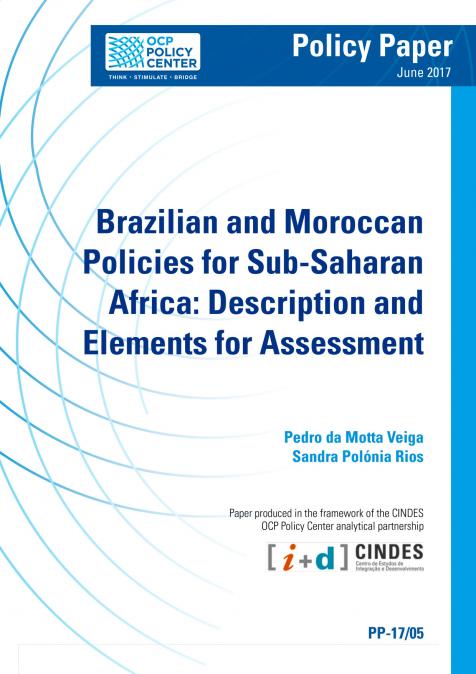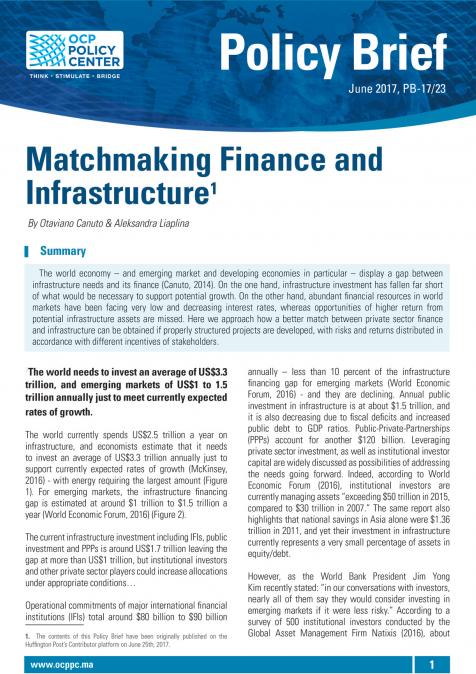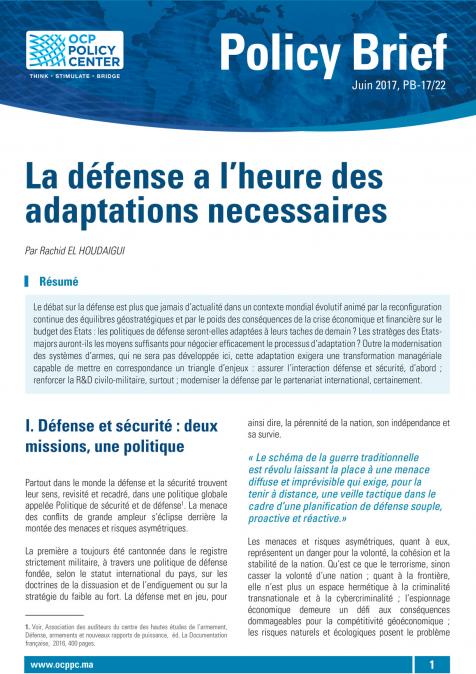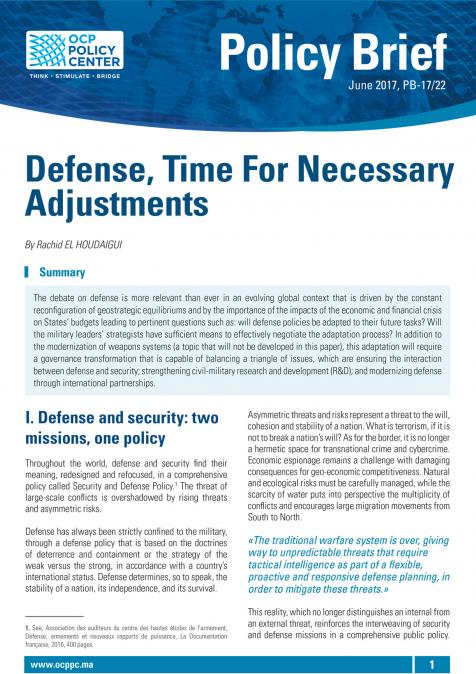Podcasts
Quel est le rôle de l'ONU dans le conflit entre la Russie et l'Ukraine ?
03
June
2022
Related topics:
Dans ce podcast, Alain Le Roy et Mohammed Loulichki, ambassadeurs respectifs de la France et du Maroc, reviennent sur la capacité d'intervention de l'Organisation des nations unies dans le conflit entre la Russie et l'Ukraine. Jusqu'où pourrait aller ce rôle ?Quelles sont les perspectives concernant le statut de l'organisation ? Le conflit russo-ukrainien fera-t-il évoluer le statut de l'ONU ? Retrouvez les perspectives croisés des diplomates français et marocain sur le sujet.







